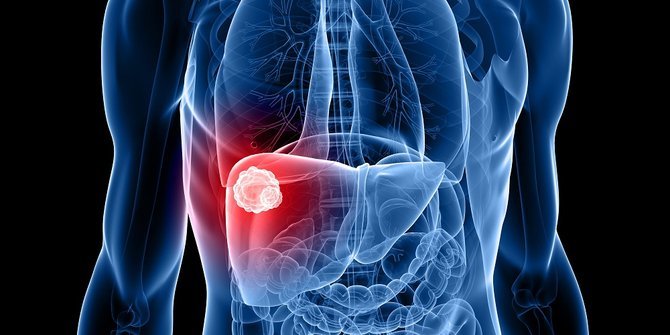Contents:
- Medical Video: Diagnosing Pancreatic Tumors and Cysts - Mayo Clinic
- What is a pancreatic tumor (insulinoma)?
- What are the symptoms of a pancreatic tumor?
- Who is at risk for insulinoma?
- Can insulinoma be prevented?
- How do you treat pancreatic tumors?
Medical Video: Diagnosing Pancreatic Tumors and Cysts - Mayo Clinic
The pancreas is a very important organ in regulating the body's metabolic processes. If the pancreas has a disorder, this can cause a decrease in blood sugar levels or hypoglycemia, as happens in diabetics. But the symptoms of hypoglycemia can also be a sign of abnormal cell growth, aka a tumor in the pancreas, or also called insulinoma. Although not including cancer, the effects of pancreatic tumors can be very serious, even deadly.
What is a pancreatic tumor (insulinoma)?
Insulinoma is a small tumor that grows in the pancreas. This tumor has a very small size, its diameter is less than 2 cm. Insulinoma also includes benign tumors so that it has a very small possibility of developing cancer. However, the chances of developing insulinoma into cancer in a person become higher if there is interference with neoplasia in the other endocrine glands.
The pancreas under normal conditions will only produce insulin hormones according to their needs, or according to the glucose absorbed and circulated in the blood, so that glucose levels in the blood remain normal. However, the presence of a tumor in the pancreas will increase excess insulin production even when it is not needed. As a result, insulinoma sufferers can experience a dramatic decrease in glucose levels and cause serious hypoglycemia.
What are the symptoms of a pancreatic tumor?
Symptoms or attacks of insulinoma can occur when someone consumes glucose in a small or limited amount of time, such as when fasting. Something case report shows that fasting insulinoma patients can experience a decrease in blood glucose levels of up to 1.5 mmol / L or almost three times lower than normal fasting blood sugar levels (3.9 - 5.5 mmol / L). This is very dangerous and can cause serious insulinoma effects that require immediate treatment.
Insulinoma sufferers are not always aware of their symptoms. This is due to the severity of tumor development and the hypoglycemia conditions that occur. In mild conditions, sufferers may experience the following symptoms:
- Sudden blurred vision
- Confusion
- Dizzy
- Experiencing mood disorders, feeling anxious and easily emotional
- Feel free and experience tremors
- Sweating
- Experiencing sudden weight gain
In serious conditions, insulinoma sufferers can experience central nervous system disorders, disorders of the adrenal gland and heart, and cause some symptoms such as:
- Abdominal pain and diarrhea
- Back pain
- Experience jaundice (the color of the eyes and skin becomes yellowish)
- Convulsions
- Difficulty thinking
- The heart beats very fast (more than 95 heartbeats per minute)
- Loss of consciousness or comma
Who is at risk for insulinoma?
Until now it was not known exactly how insulinoma tumors originated and how it could cause damage to the pancreas. Moreover, there are no specific conditions that trigger symptoms of insulinoma, namely insulin production will remain high when blood glucose levels are still within normal limits, and more dangerous when in a low state.
One of research who investigated lifestyle factors and tumor risk factors with the incidence of insulinoma also did not find a significant relationship between the two. However, the study shows that most of the incidence of insulinoma is a family-borne disease. Individuals who have a family history or parents who experience insulinoma will be 16 times more at risk of developing insulinoma. Then, a history of all types of cancer in the family will increase a person's risk of insulinoma by about twice as high.
Can insulinoma be prevented?
Insulinoma is not known to have risk factors that can be changed so that no specific preventative measures can be taken. Nevertheless, the adoption of a healthy lifestyle with physical activity and balanced nutrition and consumption of more vegetables and fruits, is known to prevent the development of abnormal cells or tumors in someone, especially if you have a risk of a history of cancer or tumor in the family. Maintaining pancreatic health can be done by not smoking and consuming less red meat.
How do you treat pancreatic tumors?
Like tumors in general, insulinoma can be cured by removing the tumor in the pancreas with a high cure rate. Even so, tumors in the pancreas can develop into cancer so that it requires handling cancer healing methods such as radiofrequency ablation, cryotherapy and chemotherapy.
In addition, in some cases, removal of the tumor also cannot cure abnormal insulin production so consumption of drugs to regulate blood sugar levels is still needed if the method of surgery is not effective.












